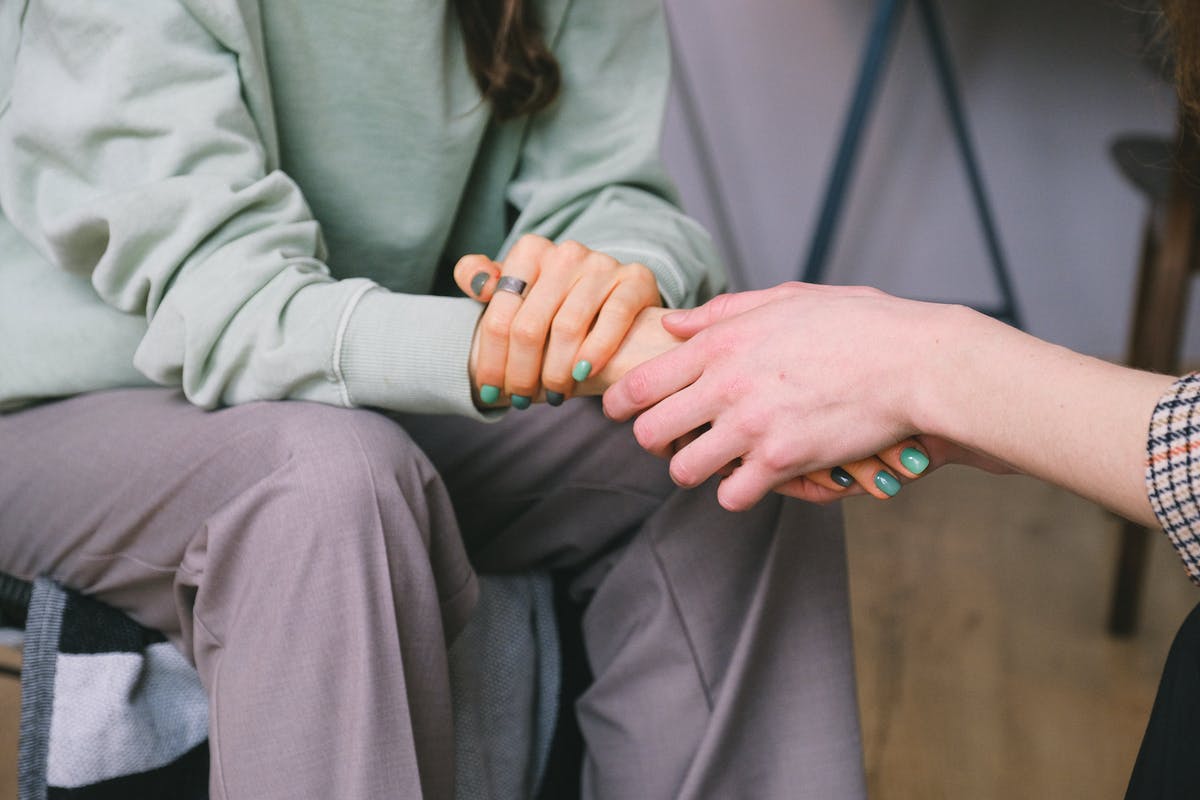Contents
Jump To:
1. What are “addictive” behaviors, really?
I was late to switch to the smartphone for someone of my generation. I remember sitting at a table of friends with my keyboard flip phone in hand at age 19, amused and somewhat stunned that everyone else who sat down for dinner was scrolling on their phones silently without eye contact.
Fast forward to 2019, and I remember panicking that I left my phone at home while on a short walk around the block. I felt such an urge to check my notifications that I actually turned around and went home. I felt ridiculous. I was aware that my attachment to my phone was not healthy. Yet I felt powerless to stop scrolling before bed.
1. What are “addictive” behaviors, really?
Not all “addictive” behaviors are inherently wrong in and of themselves. In fact, we’re often drawn to behaviors that function for us in some capacity. For example, maybe exercise helps relieve the pressure and anxiety of the day. Perhaps online shopping provides some levity in a hard season of life. For a while, they may even enhance our sense of well-being.
At some point, that behavior takes up more and more space and time in our life. We ride the waves of relief and joy when we gamble or eat and then feel shame about how it might be contributing to our issues rather than assisting with them. Soon the shame overshadows the light the behavior brought but cutting back feels next to impossible. I try to remember that sex and eating and exercise and so many behaviors that can feel “addictive” and lead us to shame are actually not inherently shameful in and of themselves. It is the powerlessness that we feel alone that leaves us feeling shame.
When we feel shame about our compulsive or “addictive” behaviors, we hear an echo of an underlying belief: I am unworthy. And sooner or later, without sufficient resources or loving people present in our lives to help us with that pain of feeling unworthy, we return to what has always been there. Sex. Shopping. Scrolling. Swiping.
In the LGBTQIA+ community, we are born into a profoundly heteronormative, transphobic, and homophobic world. In order to survive in a hostile and even unsafe environment, we seek to affirm spaces for healing and find resources to more privately deal with the distress of living as a queer person. Add in all the other barriers to access we can face as a community to quality, affirming healthcare and support and it really is no wonder why we turn to a behavior that will never leave us or reject us in the way people have.
2. Developing Insights
In order to understand our compulsive behaviors, we first need to befriend them. At first they were our friends too – or we probably would not be in this situation in the first place. I find it helpful to take out a journal or find a friend or therapist willing to explore some of these prompts that might help you develop insight into why you are attached to this behavior in the first place.
- If I had to name it as specifically as possible, what is the behavior that is causing me trouble?
- When did I start engaging in this behavior? How has that experience changed over time?
- How did this behavior serve me in the beginning? How is it serving me now?
- What are the harms that this behavior has caused in my life?
- How can I appreciate how this behavior has helped me while acknowledging the shame I feel
- How do I soothe shame with my behavior? How does my behavior trigger shame?
- What makes me proud about who I am as an LGBTQIA+ person? What would bring me empowerment?
If you have found this helpful or are looking for additional resources, please check out part two of this blog coming soon. I will focus more on tangible, harm-reduction strategies and bibliotherapy suggestions to enhance your capacity to cope with compulsive behaviors. You won’t want to miss it!


